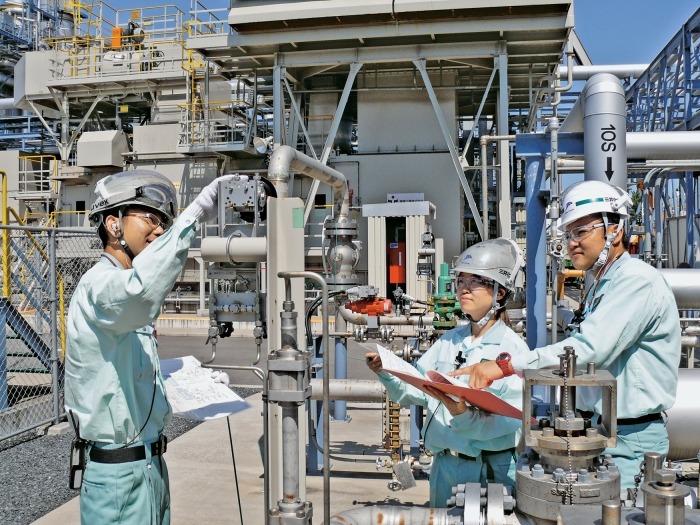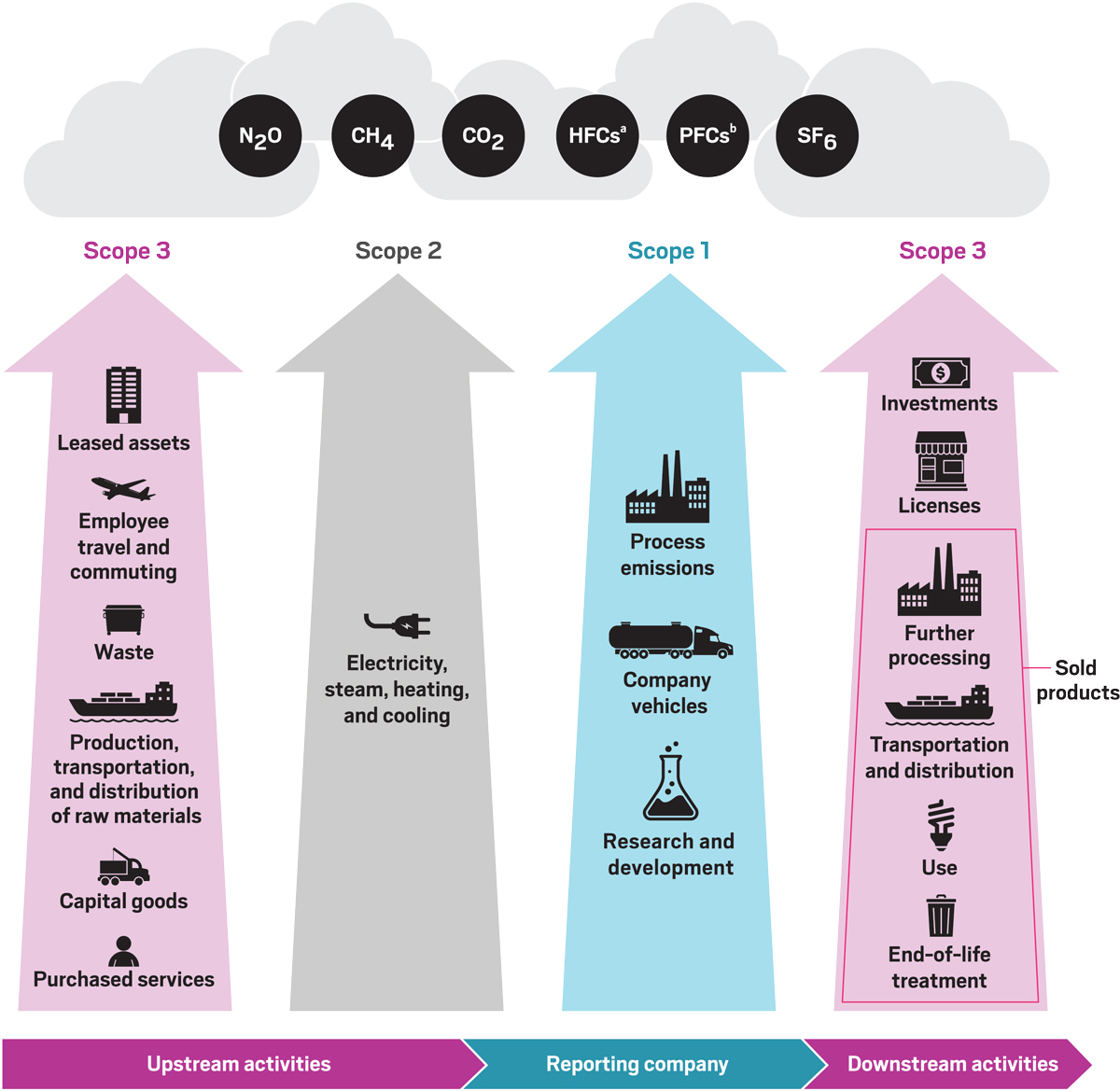In the realm of agriculture, chemistry plays a pivotal role in enhancing crop productivity and protecting plants from pests and diseases. This 1000-word article delves into the critical aspects of chemistry in agriculture, focusing on fertilizers, pesticides, and the innovative uses of chemistry that go beyond these traditional danatoto applications.
Introduction
The integration of chemistry in agriculture has revolutionized the way we grow food, contributing significantly to the increased efficiency and productivity of farming practices. From the development of fertilizers and pesticides to the advent of new agricultural technologies, chemistry has been instrumental in addressing the global demand for food. Understanding the role of chemistry in agriculture is key to appreciating its contributions and navigating its challenges.
The Role of Fertilizers in Agriculture
Nutrient Management
Fertilizers are compounds that provide essential nutrients to plants. The primary nutrients required for plant growth include nitrogen (N), phosphorus (P), and potassium (K). Fertilizers, either synthetic or organic, supply these nutrients in accessible forms to enhance plant growth and crop yields.
Types of Fertilizers
- Synthetic Fertilizers: These are manufactured chemical compounds, such as ammonium nitrate or superphosphate, that provide high nutrient content.
- Organic Fertilizers: Derived from natural sources such as compost, manure, or bone meal, organic fertilizers release nutrients more slowly and improve soil health.
Impact on Crop Yields
The use of fertilizers has been a major factor in the increase in crop yields over the past century. They have enabled farmers to cultivate more food per acre, helping to feed the growing global population.
The Use of Pesticides in Crop Protection
Types of Pesticides
Pesticides, which include herbicides, insecticides, and fungicides, are chemicals used to control, repel, or kill pests that threaten crop health and productivity.
Advances in Pesticide Chemistry
Advancements in chemistry have led to the development of more effective and targeted pesticides. Modern pesticides are designed to be more specific to certain pests, reducing unintended harm to other organisms.
Integrated Pest Management
Integrated Pest Management (IPM) combines the use of chemical pesticides with other, non-chemical methods to control pests effectively and sustainably. This approach minimizes the overreliance on chemical pesticides, reducing the risk of pests developing resistance.
Beyond Fertilizers and Pesticides
Soil Health and Amendments
Chemistry plays a critical role in understanding and improving soil health. Soil amendments like lime or gypsum are used to adjust soil pH, which can significantly affect nutrient availability and plant health.
Plant Growth Regulators
Chemical compounds known as plant growth regulators (PGRs) are used to influence plant growth processes, such as fruit ripening or flower blooming. These substances can be used to enhance crop quality and uniformity.
Water Use Efficiency
Chemical treatments and soil conditioners can improve water retention and use efficiency in soils. This is particularly important in arid regions and in the context of climate change.
Innovations in Agricultural Chemistry
Precision Agriculture
Precision agriculture leverages technology and data analytics, combined with chemistry, to optimize field-level management regarding crop farming. This includes the precise application of fertilizers and pesticides based on soil and crop needs.
Biotechnology and Genetic Engineering
Advances in biotechnology and genetic engineering are enabling the development of crop varieties with improved traits, such as increased resistance to pests or higher nutrient content. This field often intersects with agricultural chemistry in developing and applying these technologies.
Sustainable and Eco-Friendly Practices
There is a growing trend towards sustainable and eco-friendly agricultural practices. This includes the development of organic fertilizers, biopesticides, and environmentally friendly chemicals that reduce the ecological footprint of farming.
Challenges and Controversies
Environmental Impact
The use of chemicals in agriculture has raised concerns regarding environmental pollution, including water contamination and soil degradation. The challenge lies in balancing the benefits of these chemicals with their environmental impact.
Health Concerns
Pesticides, if misused or overused, can pose health risks to consumers, farmers, and wildlife. Ensuring safe use practices and rigorous regulatory standards is crucial for minimizing these risks.
Resistance and Sustainability
The overuse of pesticides can lead to the development of resistance in pests, making them more difficult to control. Similarly, the overuse of fertilizers can lead to nutrient imbalances in soils. Sustainable management practices are essential to prevent these issues.
The Future of Chemistry in Agriculture
Development of Novel Agrochemicals
Ongoing research in agricultural chemistry is focused on developing novel agrochemicals that are more efficient, environmentally friendly, and safer for human health.
Integration with Emerging Technologies
The integration of chemistry with emerging technologies like nanotechnology, drones, and artificial intelligence (AI) is set to further transform agricultural practices, making them more precise, efficient, and sustainable.
Education and Awareness
Educating farmers and the public about the safe and effective use of chemicals in agriculture, as well as the importance of sustainable practices, is crucial for the future of farming.
Conclusion
Chemistry in agriculture, through the use of fertilizers, pesticides, and a range of innovative applications, plays a critical role in modern farming practices. It has significantly contributed to enhancing food production and ensuring food security. However, the challenges posed by these chemical applications, particularly in terms of environmental and health impacts, necessitate a balanced and sustainable approach. The future of agriculture lies in harnessing the power of chemistry in a way that maximizes benefits while minimizing risks, ensuring a sustainable and productive future for farming. As the world continues to evolve, the role of chemistry in agriculture will remain indispensable, adapting and innovating to meet the changing needs of our planet and its people.










